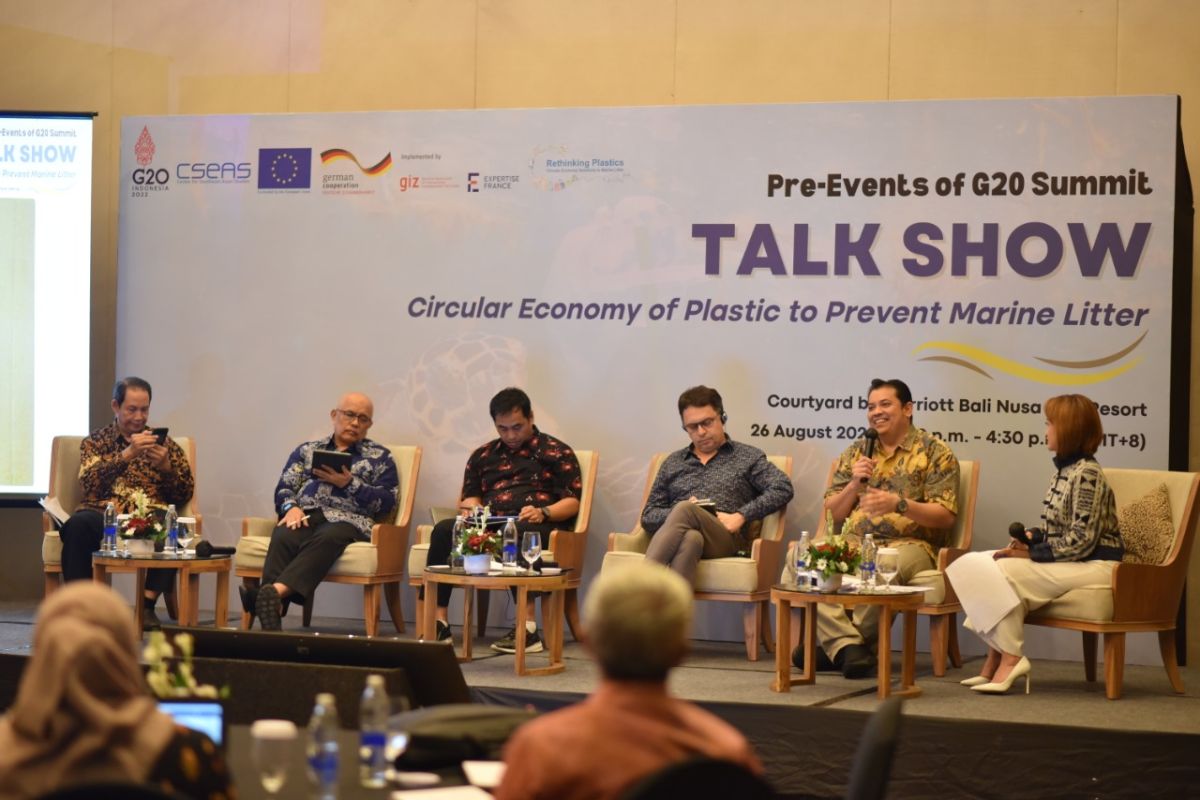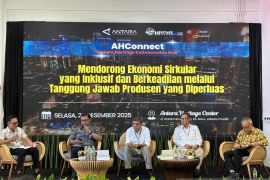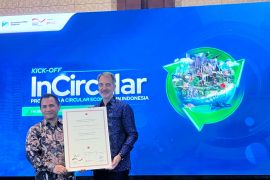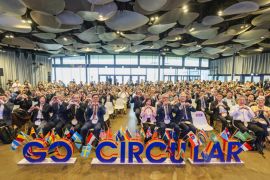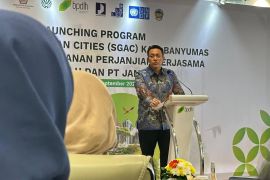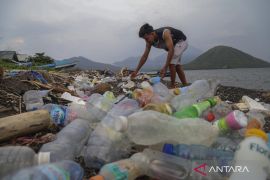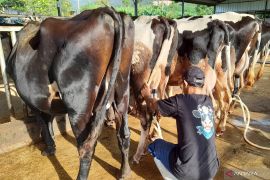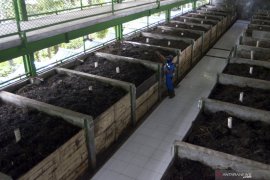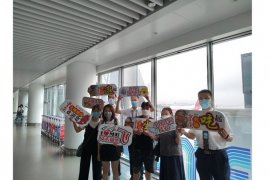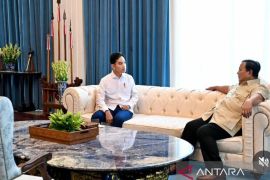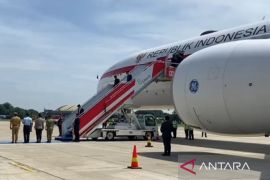I am confident that if we use the circular economy, it (plastic waste in oceans) will be reducedBogor, West Java (ANTARA) - Indonesian government officials and scholars who joined a talk show organized as a pre-event to G20 meetings on Friday affirmed that adopting a circular economy approach could help reduce marine litter.
The talk show was organized by the Center for Southeast Asian Studies (CSEAS).
"I am confident that if we use the circular economy, it (plastic waste in oceans) will be reduced," assistant deputy for waste management at the Coordinating Ministry for Maritime Affairs and Investment, Rofi Alhanif, said.
Besides Alhanif, the talk show, which took place on the Indonesian island of Bali on Friday, also featured several other prominent speakers.
Related news: Ministry opens space for women seeking self-empowerment
They included Alvaro Zurita, team leader of the European Union-Germany project on “Rethinking Plastics: Circular Economy Solutions to Marine Litter”; Ujang Solihin Sidik, a senior official from the Ministry of Environment and Forestry; Raldi Hendro Koestoer, a professor at the School of Environment of the University of Indonesia; Arisman, executive director of CSEAS; and Roger Spranz, co-founder of Making Oceans Plastic Free.
The speakers shared a common concern with regard to marine litter in Indonesia since each year, the country produces 60 million tons of waste, 17 percent of which is plastic waste, the CSEAS said in a press statement issued after the talk show.
Most of this plastic waste will end up in the oceans. Marine litter can have a harmful impact not only on marine creatures but also human beings.
For dealing with the issue, CSEAS executive director Arisman highlighted the importance of waste segregation and segregated waste collection to reduce plastic waste.
Related news: G20: MCWE agrees to build stronger collaboration for empowering women
"We need social capital in villages to implement the circular economy," he said, adding that circular economy is a model of production and consumption, which involves sharing, leasing, reusing, repairing, refurbishing, and recycling existing materials and products for as long as possible.
The circular economy has three main principles: eliminating waste and pollution, circulating products and materials, and regeneration of nature.
Thus, plastic recycling is a crucial step toward a circular economy, but achieving circularity calls for action at every point in the lifetime of a product: from design to waste management, he argued.
Regarding the main objectives of the talk show, the CSEAS disclosed that it aimed to shed light on the policies and approaches of both the EU and Indonesia in advancing the circular economy of plastics to address the problem of marine litter.
The talk show also aimed to showcase the efforts taken by Indonesia and its several cities to address the problem of marine plastic litter and promote the implementation of a circular economy in Indonesia.
For Indonesia, which is holding this year's G20 presidency, marine litter-related issues are important considering that the G20 countries, which are the largest economies in the world, account for approximately 75 percent of global material use and 80 percent of global greenhouse gas emissions.
In 2017, the G20 countries adopted the "G20 Action Plan on Marine Litter" at the Hamburg Summit.
After two years, they adopted the “Osaka Blue Ocean Vision,” which aims to reduce additional pollution by marine plastic litter to zero by 2050 through a comprehensive life-cycle approach.
In 2018, the EU set bold targets for plastic recycling quotas and recycled content requirements as part of its plastics strategy.
"It (extended producer responsibility or EPR) got more and more attention and there is momentum now in the region. When EPR is not questioned anymore, if it should be it is more and how?" said Zurita at the talk show.
Related news: B20 unveils blueprint for women's empowerment platform
Related news: Honing skills supports women's empowerment, inclusion: Minister
Reporter: Rahmad Nasution
Editor: Fardah Assegaf
Copyright © ANTARA 2022
